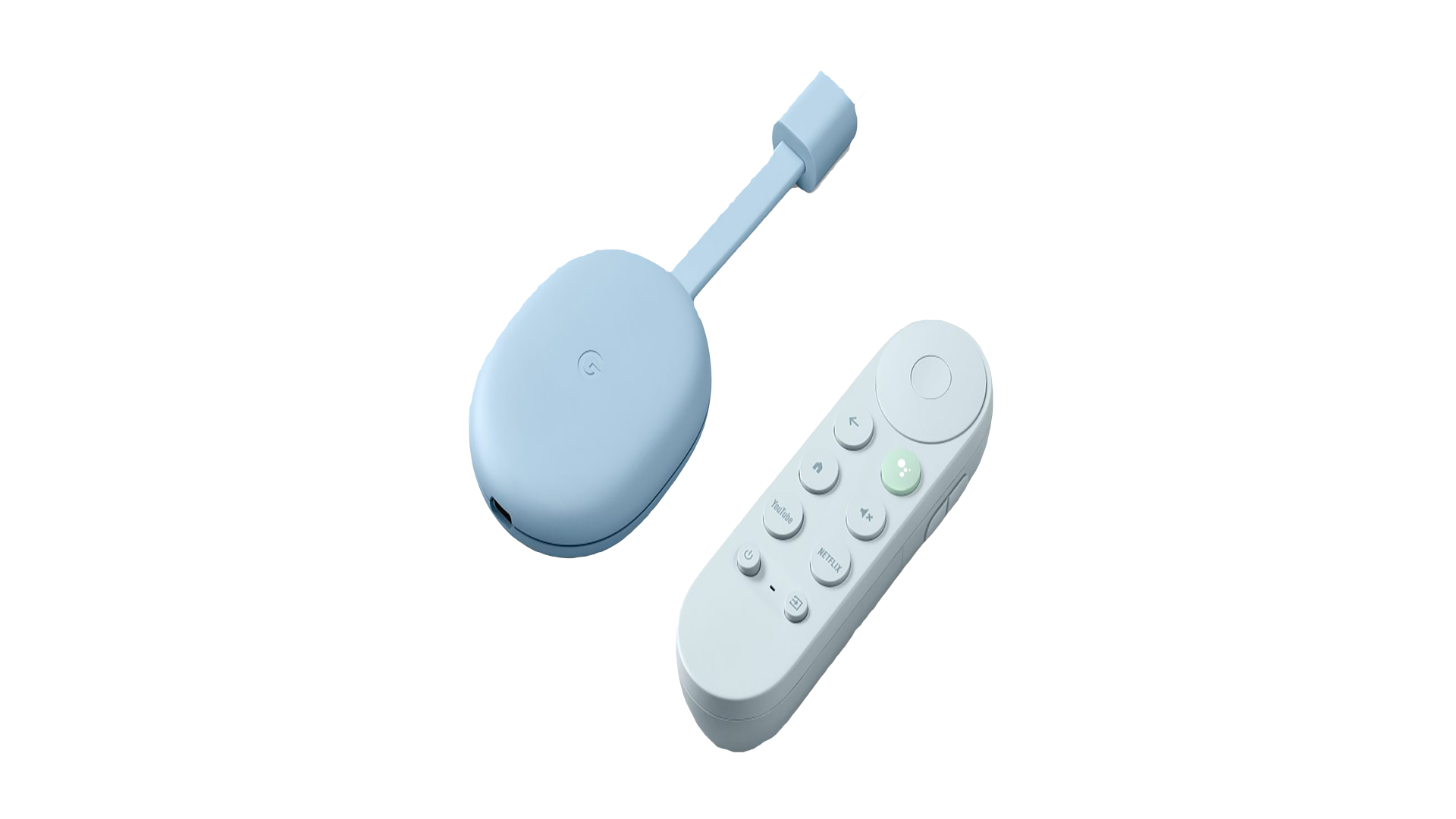Google Pushing Google TV and Android TV Device Makers to Adopt 16GB of Storage
Reports say Google is 'strongly encouraging' connected TV gadget partners to up the RAM ahead of the release of Android 13

The smarter way to stay on top of the streaming and OTT industry. Sign up below.
You are now subscribed
Your newsletter sign-up was successful
Google is pushing its hardware partners who license Google TV and Android TV to up the storage capacity of their devices to at least 16 gigabytes.
As first reported by Protocol, Google met with manufacturing partners who use its TVOS products last month at a closed-door event, discussing ways to optimize their gadgets for the pending release of Android 13.
Google encouraged a number of new features, including integration of connected TV devices with fitness trackers, as well as support for Bluetooth 5.0.
The push for additional memory comes amid rancor in the tech press late last spring that Google's own Chromecast with Google TV device and its 8GB of random access memory isn't up to the task of handling Android 13.
"8GB of storage was not enough for a streaming stick in 2020, and it’s even worse a couple of years later," 9to5 Google lamented. "This is restrictive enough for security updates, but it also limits how often Google can address bugs and other quirks that may arise. Worse yet, it also prevents any form of major system update -- or at least makes it much more difficult."
As 9to5 Google also noted, in a streaming industry in which a garden variety app like Paramount Plus uses 530 megabytes all on its own, most devices used to stream video in the living room aren't up to snuff.
Few CTV devices have more than 8MB of storage, however. In fact, sources close to Roku say that the latest version of its highest end player, the Ultra, only has 4GB of storage.
The smarter way to stay on top of the streaming and OTT industry. Sign up below.
TVOS companies like Roku aim to keep their hardware requirements low to entice OEM partnerships and further proliferate their platforms. However, Google, which operates under a much more powerful market capitalization, has been more aggressive in urging its manufacturing partners to support forward-looking standards, such as the AV1 codec for 4K streaming.
Daniel Frankel is the managing editor of Next TV, an internet publishing vertical focused on the business of video streaming. A Los Angeles-based writer and editor who has covered the media and technology industries for more than two decades, Daniel has worked on staff for publications including E! Online, Electronic Media, Mediaweek, Variety, paidContent and GigaOm. You can start living a healthier life with greater wealth and prosperity by following Daniel on Twitter today!

